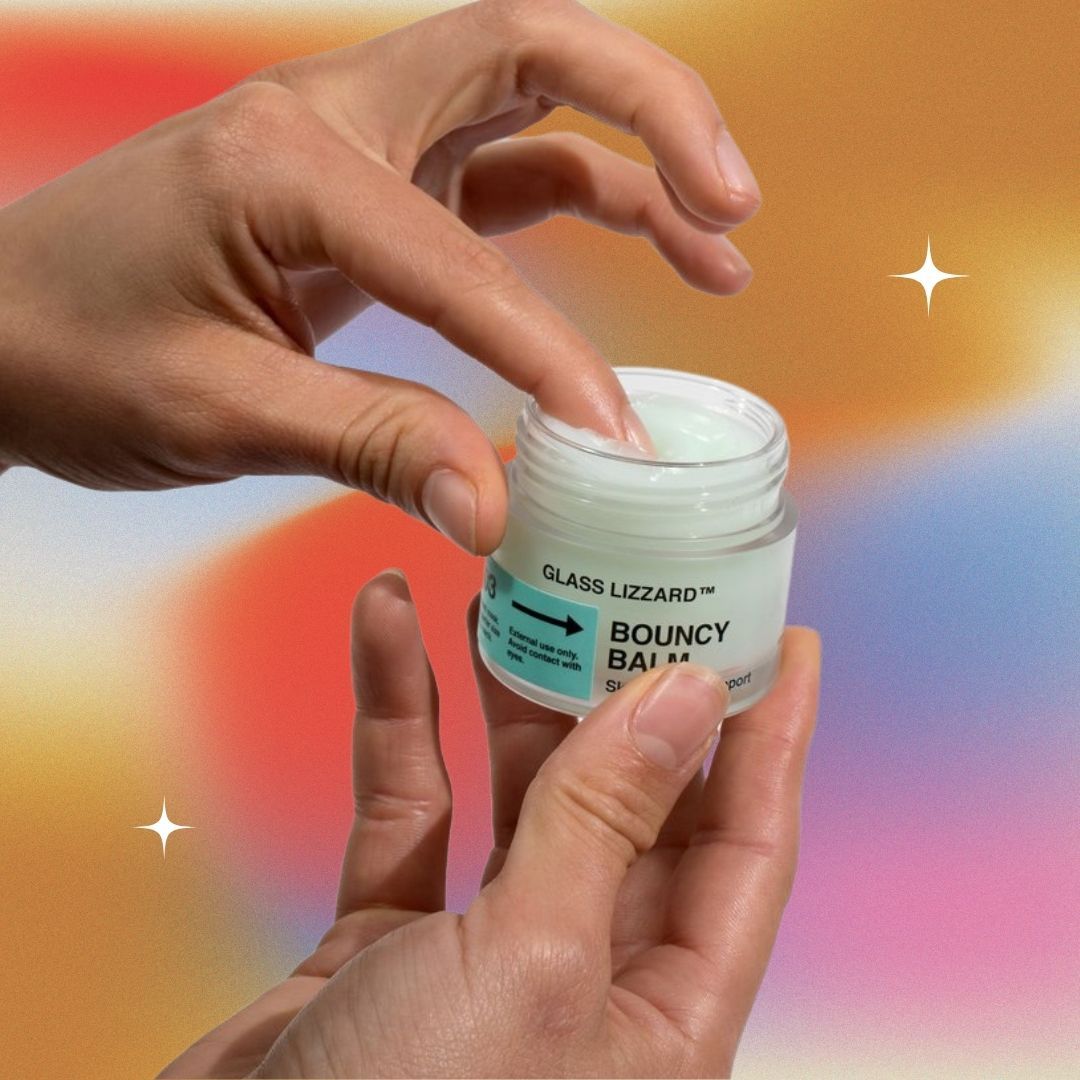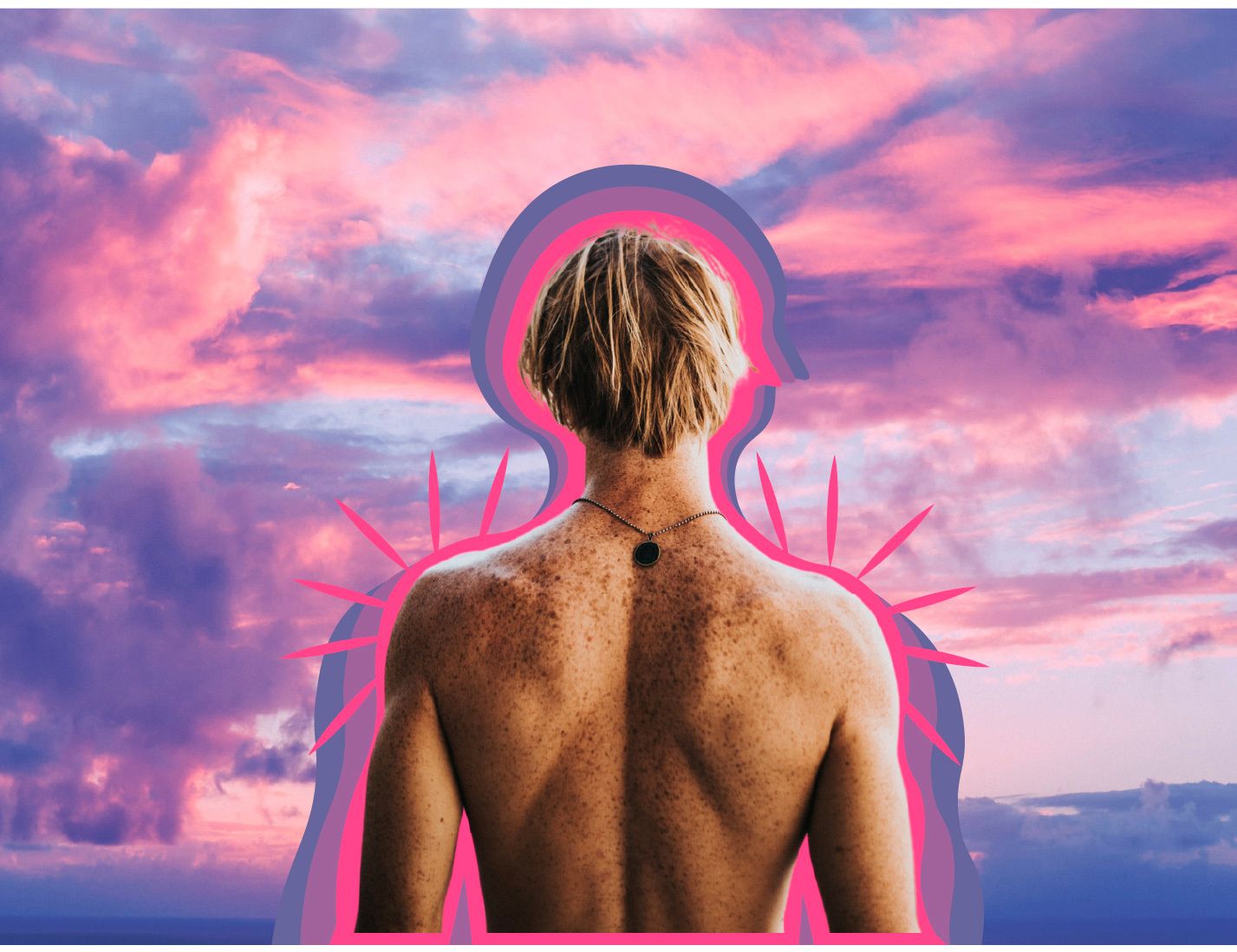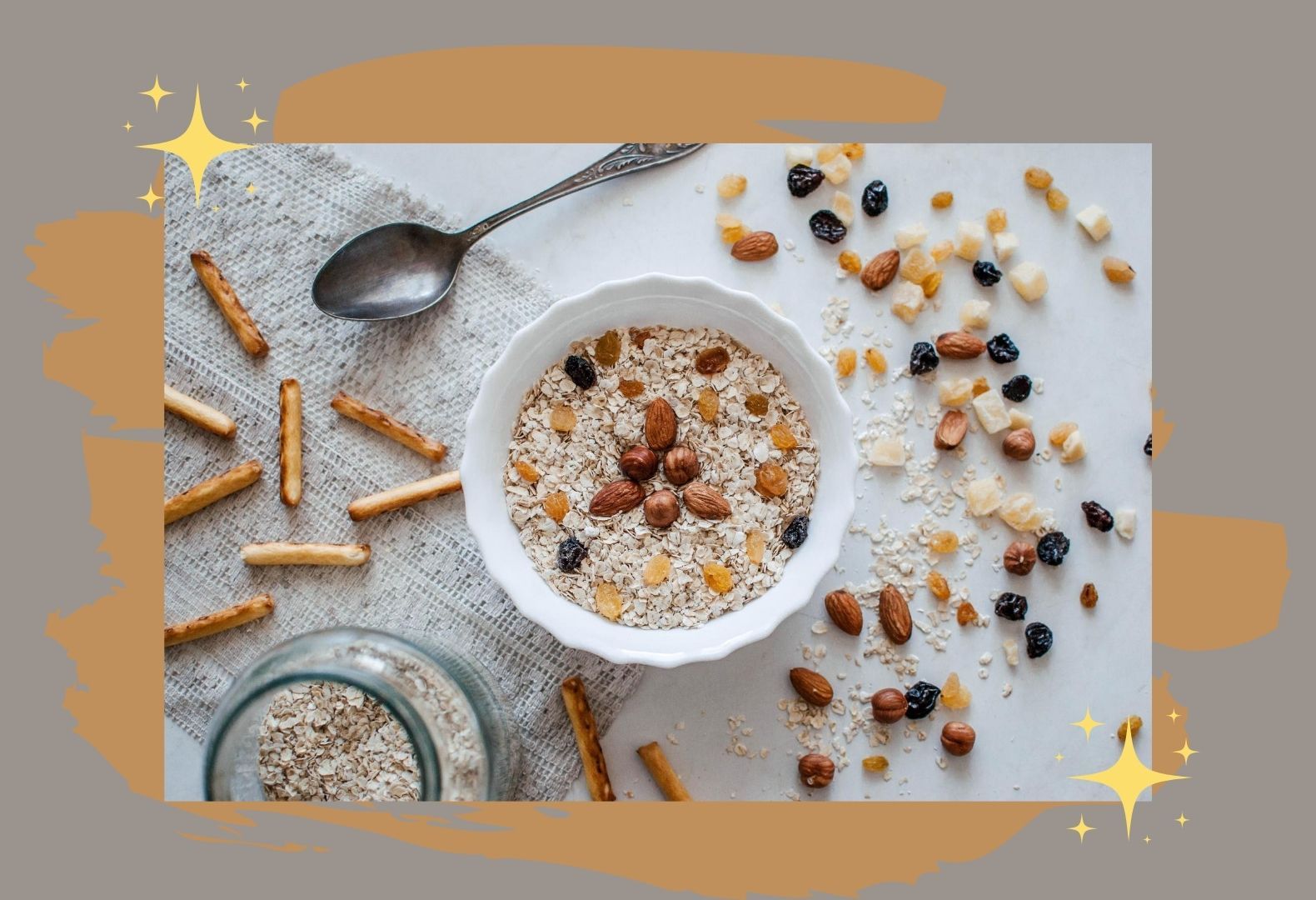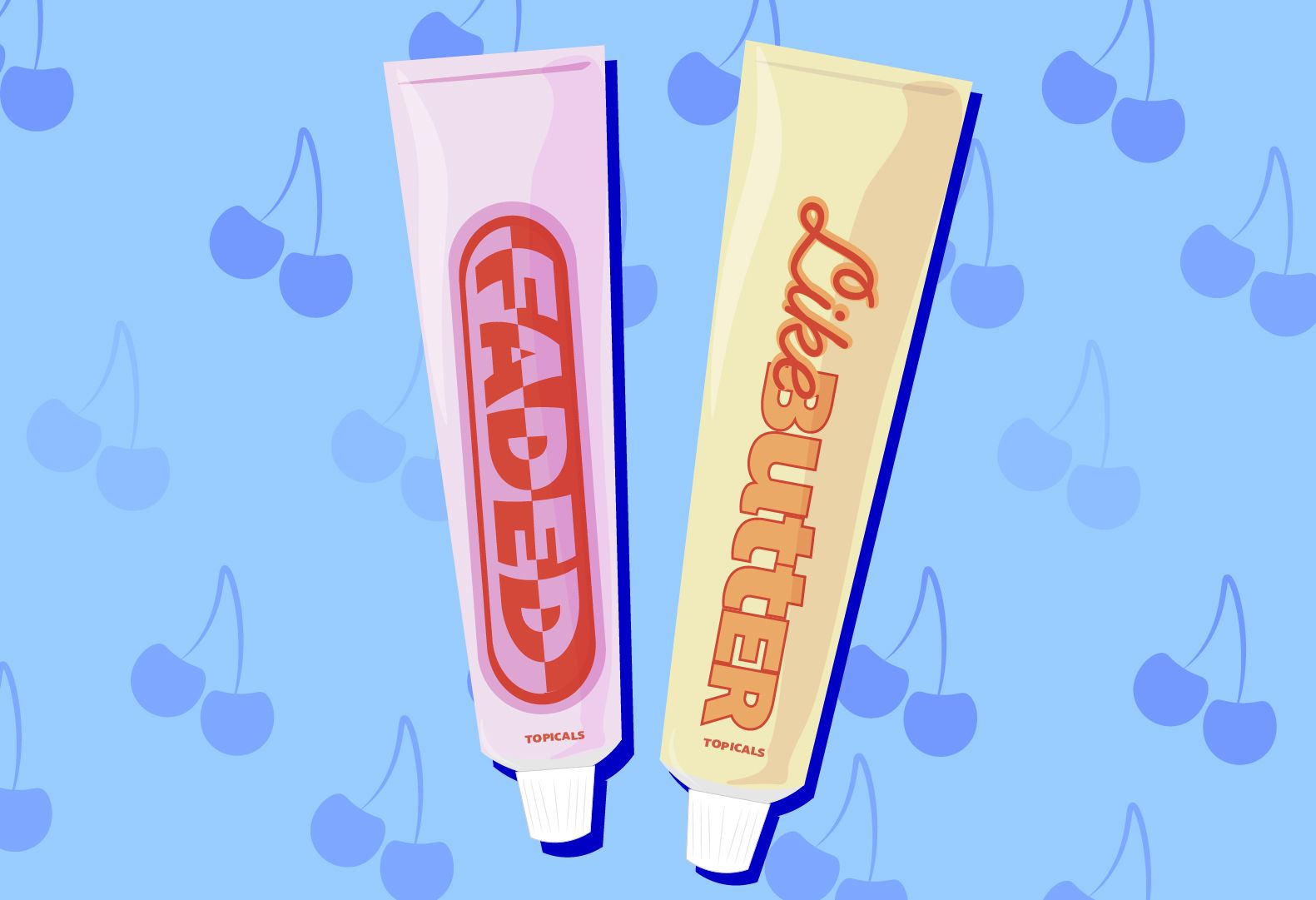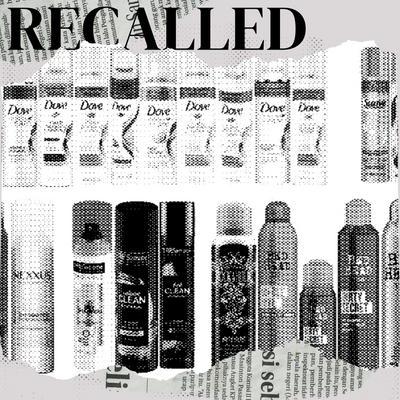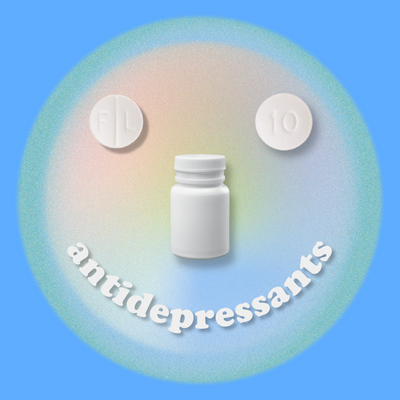Time’s ability to be slow yet fly by fast enough that you can’t pinpoint where subtle changes begin and end both scares and fascinates me. Every year, I would be adamant that I grew an inch. I’d pull my coiled hair to test just how misleading shrinkage is, just for my curls to grow exactly 0.0007 centimeters. My skin changed through the years as well. It got more sensitive, more irritating, more frustrating. It wouldn’t be until I entered sixth grade — miles away from the perfect Colorado weather to the infamous Texas heat — that I realized why I didn’t like touching my skin anymore.
It wasn’t soft. And for the longest time, I wanted to hide the very thing that tied me to earth.
Eczema is the bane of my existence. If I could throw hands with it, I would, but seeing as it is a skin condition that takes physicality on the largest organ on my body, I shouldn’t. I don’t like the idea of beating myself up physically and emotionally, either. The (hard) truth is that eczema isn’t something you can just get rid of. It stays within its furious or calm moods. It’ll ignite and flare up and irritate you beyond measure. And then the seasons will change, and suddenly it doesn’t know what it means to act up. It’s a fluctuating condition, a push and pull, and it presents itself differently to everyone. You can only learn to live despite it.
My mom has eczema too. This must seem like such a random aside. Imagine my surprise upon learning that some types of eczema are hereditary: “atopic dermatitis has an autosomal dominant inheritance pattern, which means one copy of the altered gene in each cell is sufficient to cause the disorder.” This is a horror story to me. The kind of stuff that could give me nightmares if I remembered my dreams. That means every time I went on and on about wanting to scrape my skin barrier off until I had nothing left because having no skin sounded less painful than having the skin I had, she understood me completely. (I was promptly taken to the doctor after saying this). How fitting of mother and daughter to share the same complexion, the same eyes, and the same inflammation locations.
Changing seasons, fragrance, stress. Those are my eczema triggers. By the time I went to the last dermatologist on a very long list, I had a certain indifference about everything. I suppose that’s what happens when every doctor says I was “the worst case they’ve seen in a long time,” only for their ‘solution’ to be slathering my body with steroids from head to toe. It didn’t help that many of them were stumped because they didn’t know what eczema could look like on Black skin. Professionals, really. He said I had eczema and psoriasis. And though I hadn’t heard about the latter before, I thought it made sense because some of the changes to my skin didn’t look like the eczema I was used to. And then, I went from my pediatric dermatologist to an adult dermatologist, and she shut down the misdiagnosis so swiftly that I barely had time to recover.
"You don’t have eczema and psoriasis. You just have extreme eczema!"
Thank you, dermatologist number 09!
Not every eczema experience is going to look, hurt, or heal like mine. I do like to think that resilience is the reason I didn’t flinch when dermatologist number 09 took one look at me and said, “this isn’t how anyone should live.” Because I have been living with it. Dealing with it. Hating summer for the heat because I want to wear layers upon layers in autumn, not so nobody can see, but so I wouldn’t have to see. Out of sight, out of mind, right?
Carl Phillips once wrote that “the point about beauty is to see it… not to say anything about beauty, but to enact the vision of it.” Seeing isn’t meant to put pressure on us to define what beauty is through superficial, societal standards. Beauty has nothing to do with how clear your skin is and everything to do with how your skin makes you feel. I’m not going to sit here and say I love what eczema has done to my skin. Absolutely not. I will admit, though, that as I grow up, I’ve become more attuned to the subtle changes in my skin. I remember what it feels like when the surface is good, and I still know how it feels when that goodness comes back. That, I’ll credit to beauty in strength.
READ MORE LIKE THIS
